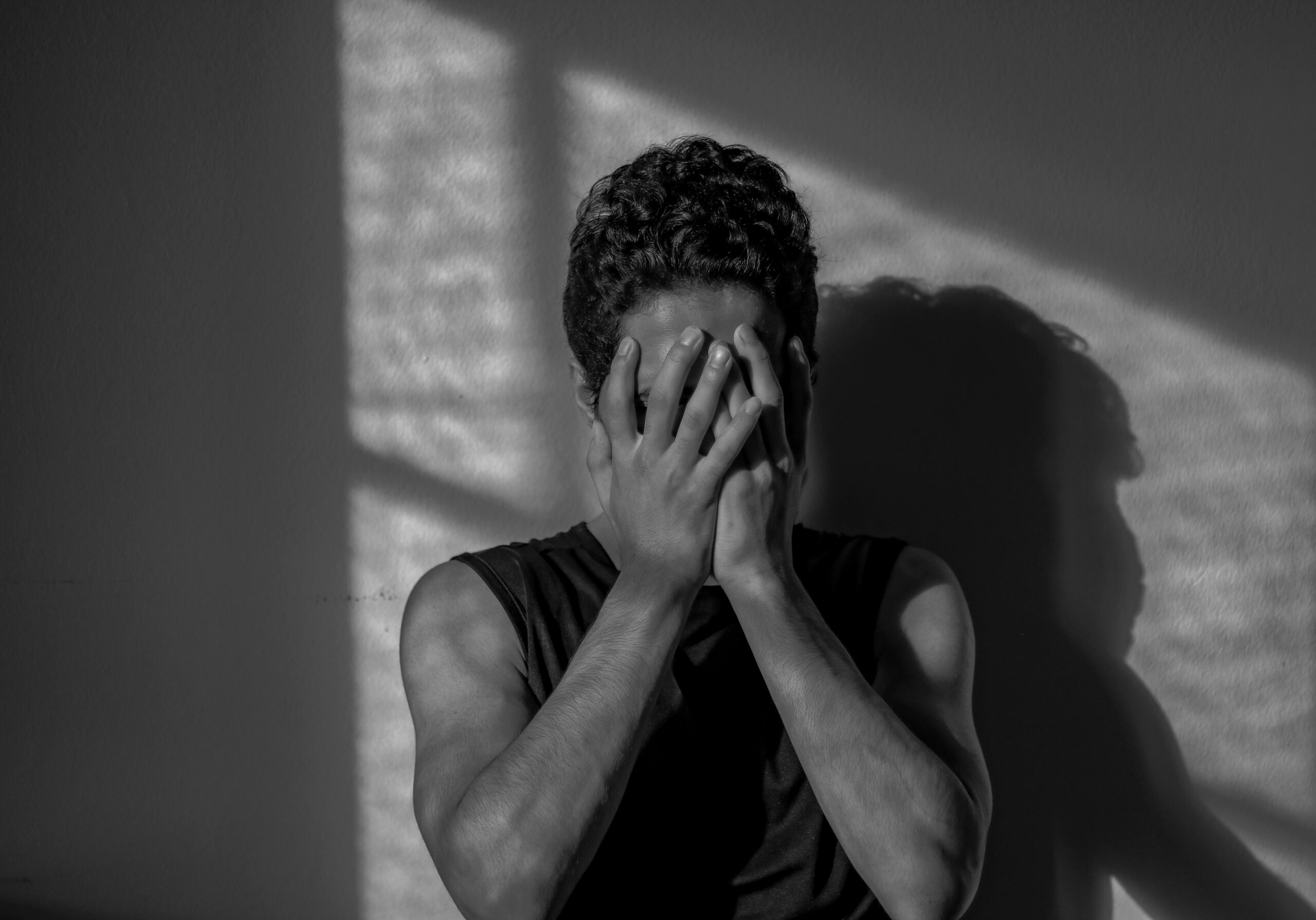Chronic Pain

Experienced by millions worldwide, chronic pain is an all-encompassing and frequently incapacitating state arising from diverse origins, such as injuries, diseases, and various bodily factors. Those who cannot receive a medical diagnosis after many visits to hospitals and clinics are often considered to fall into the psychosomatic or psychological category.
In these instances, the pain’s roots delve not into physical injuries or diseases but spring forth from intricate psychological factors, such as stress, trauma, anxiety, or depression. The body holds emotional experiences within its depths, and at times, these emotions can manifest as physical pain. Those grappling with psychosomatic chronic pain often travel a maze of medical examinations and interventions for chronic pain therapy, their symptoms persisting despite these efforts.
It’s crucial to dispel any notion that psychosomatic pain is a mere figment of the mind or indicative of a lack of resilience. On the contrary, it constitutes a tangible, authentic, and often severe condition demanding accurate diagnosis and suitable treatment. The pain experienced by those grappling with chronic pain is real. Among the apparent psychological factors implicated in psychosomatic chronic pain are:
Chronic Stress:
The universal nemesis of modern life produces a cascade of physiological responses. Hormones like cortisol and adrenaline surge within the body, sometimes culminating in manifestations like muscle tension and pain.
Anxiety:
The complexities of anxiety disorders intertwine the mental and the physical. They generate symptoms like chest pain, headaches or migraines, and muscle tension and discomfort, demonstrating the intricate interplay between psyche and soma.
Depression:
The weight of depression permeates beyond the emotional realm, flowing into the physical realms. Lethargy, body aches, migraines, bowel issues, and joint pain often shadow the emotional burdens of those grappling with depression.
Trauma:
Whether physical or emotional, trauma echoes deeply, possibly igniting chronic pain by provoking the body’s stress response. A broad spectrum of trauma exists, spanning accidents, losing loved ones, childhood maltreatment, sexual assault, domestic violence, mental and emotional abuse, and more.
Somatization or Psychosomatic Disorder:
This disorder creates a puzzling pattern where one feels various physical symptoms without an apparent medical reason. In this complex situation, the mind creates sensations that confuse patients and medical professionals.
In this complex situation, various natural remedies and therapeutic methods are available to provide comfort. Modalities like Clinical Hypnotherapy for chronic pain draw from the mind’s depths to reshape pain perceptions. Breathwork and Movement Therapy integrates breath and mindful motion to alleviate physical and psychological stressors. Biodynamic Craniosacral Therapy works in tandem with clinical interventions to support the body’s innate healing capacities through gentle touch. The Neuro-Alignment Program, rooted in the principles of neuroplasticity expounded in Dr. Norman Doidge’s “The Brain That Changes Itself,” leverages the brain’s adaptability to recalibrate responses to stress, forging new neural pathways are effective chronic pain treatments.
Our Services
Breathwork and Movement Therapy for chronic pain management provide holistic relief for chronic pain by emphasizing the mind-body connection in conjunction with Clinical Hypnotherapy. One can enhance oxygen flow, release tension, and improve circulation through mindful breathing techniques and personalized gentle movements. This approach helps alleviate physical discomfort, promotes relaxation, reduces stress, promotes nervous system regulation, and enhances the body’s natural healing mechanisms.
Managing Chronic Pain with Biodynamic Craniosacral Therapy takes a gentle, hands-on approach to chronic pain management by focusing on the body’s inherent rhythms and self-healing abilities. Practitioners use subtle touch to release tension and restrictions within the craniosacral system, including the spinal cord, brain, and surrounding membranes. This therapy encourages deep relaxation, balances the nervous system, and can lead to reduced pain symptoms over time.
Clinical Hypnotherapy offers an effective and unique approach to chronic pain management by harnessing the power of the mind. Through guided hypnosis for chronic pain management, people can tap into their subconscious to identify and reinforce positive coping strategies, reduce pain perception, and promote relaxation while enhancing overall well-being and thought patterns.
Managing chronic pain with Trauma-informed Somatic Integration Therapy offers a specialized path for chronic pain rooted in somatization. By acknowledging the impact of past traumas on the body, this approach gently explores and releases stored tension, providing relief from pain arising from psychological distress. It aims to unravel the mind-body connection, promoting healing by addressing the underlying emotional sources, resulting in reduced somatic symptoms and a path toward greater comfort and well-being.
The neuro-alignment program utilizes the principles of neuroplasticity to retrain the brain’s responses to chronic pain. Individuals can reshape neural pathways by engaging in specific exercises and mental techniques, reducing pain signals and promoting healthier pain perception. This program empowers one to regain control over their pain experience, improving their quality of life by harnessing the brain’s power.
Sol Therapy – Your Experienced Therapists for Chronic Pain Management in Singapore
For more information on our services that support Chronic Pain Management in Singapore, please WhatsApp us at (65) 89422211 or email us at beinghuman@soltherapy.sg
"Although the world is full of suffering, it is full also,
of the overcoming of it."- Hellen Keller
